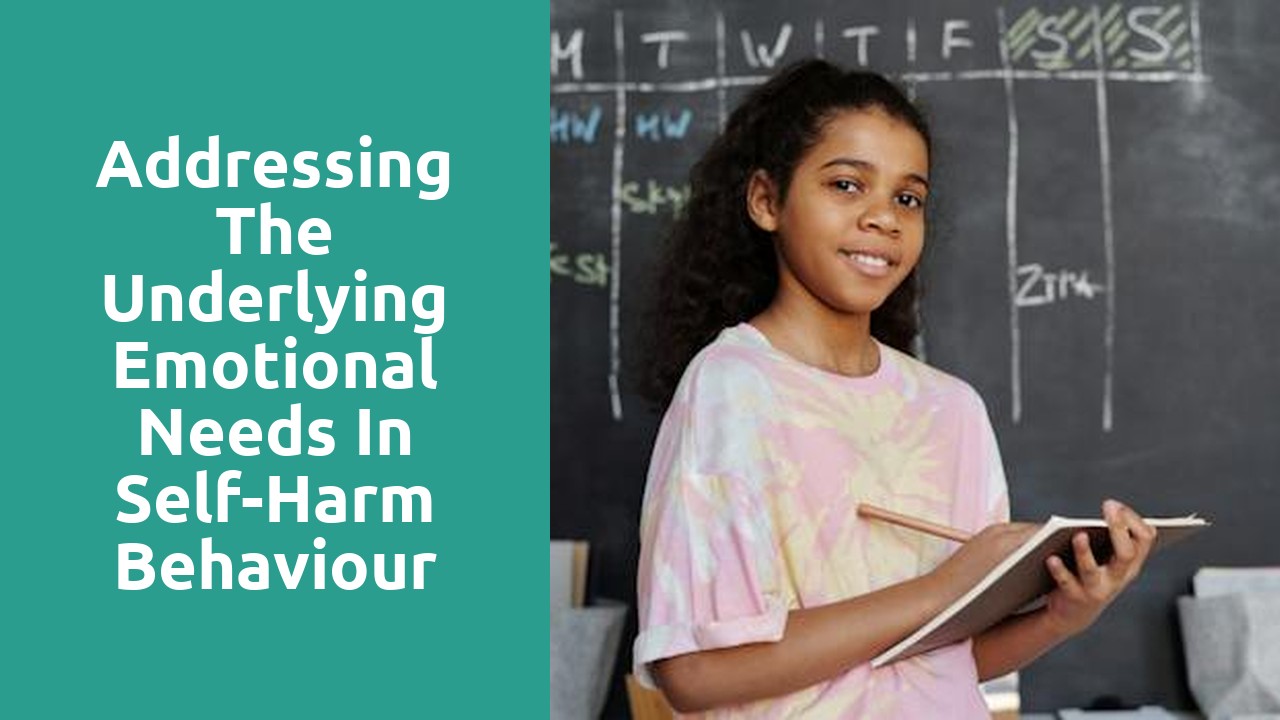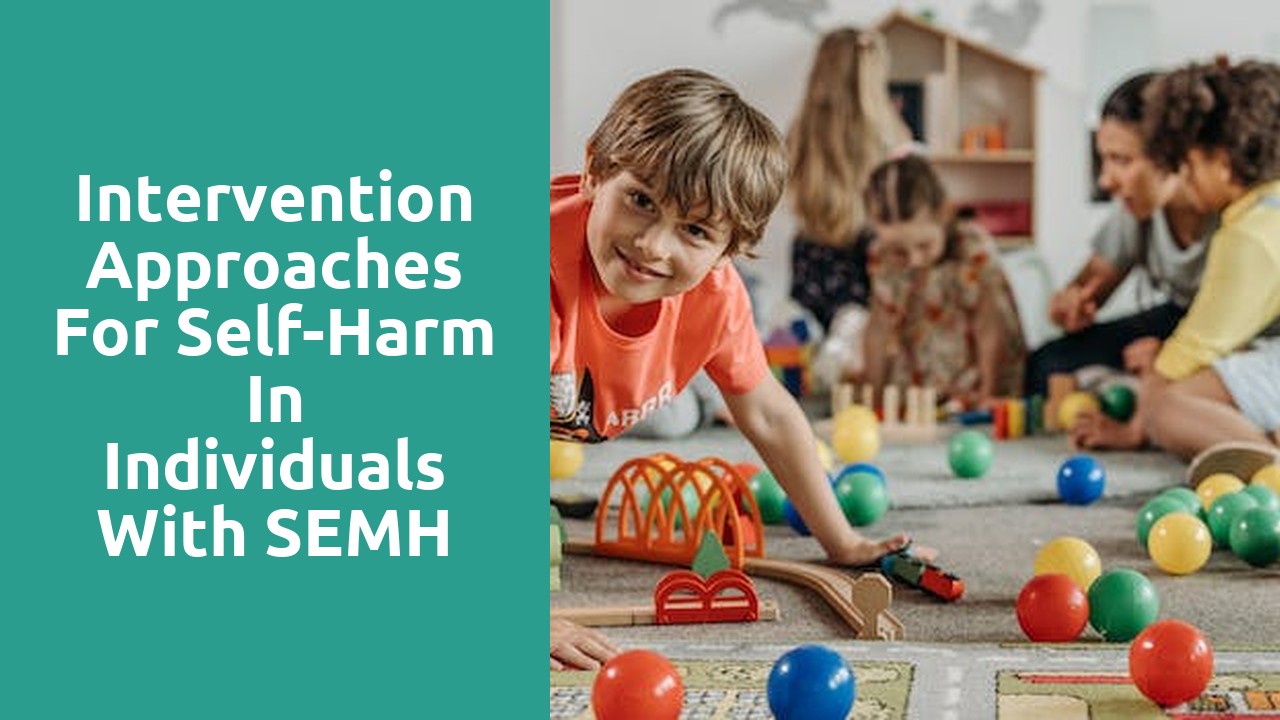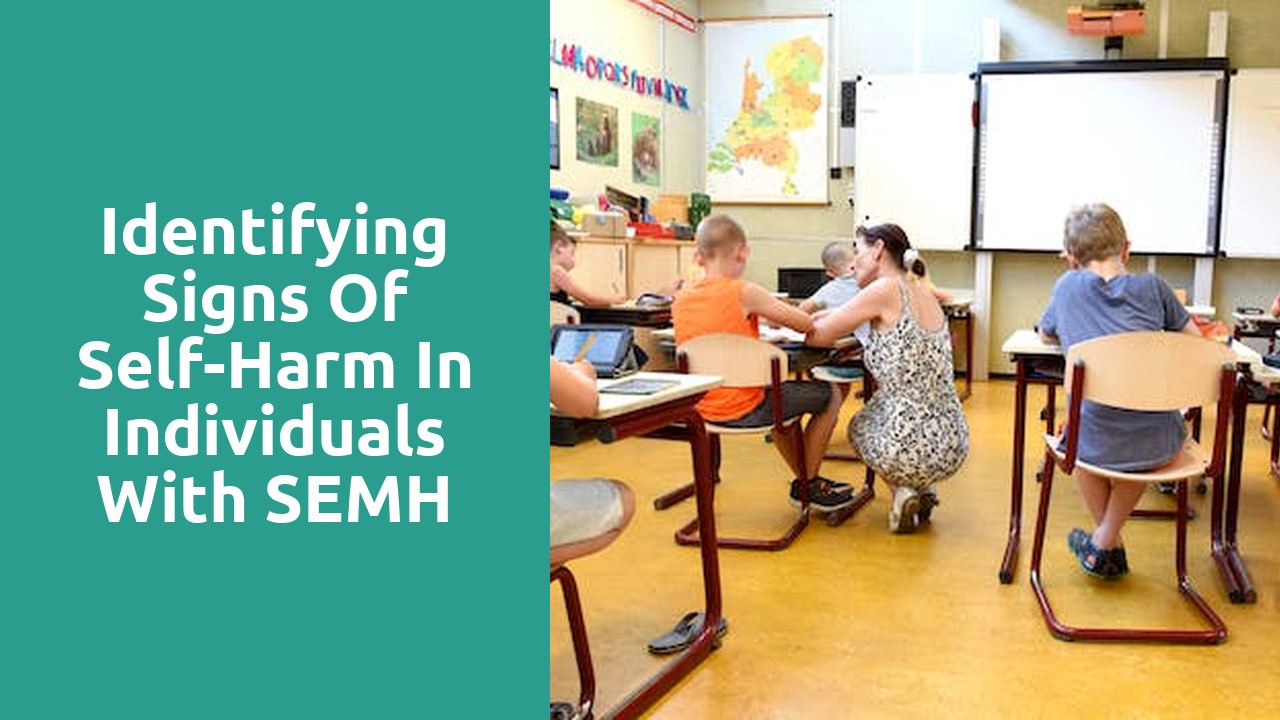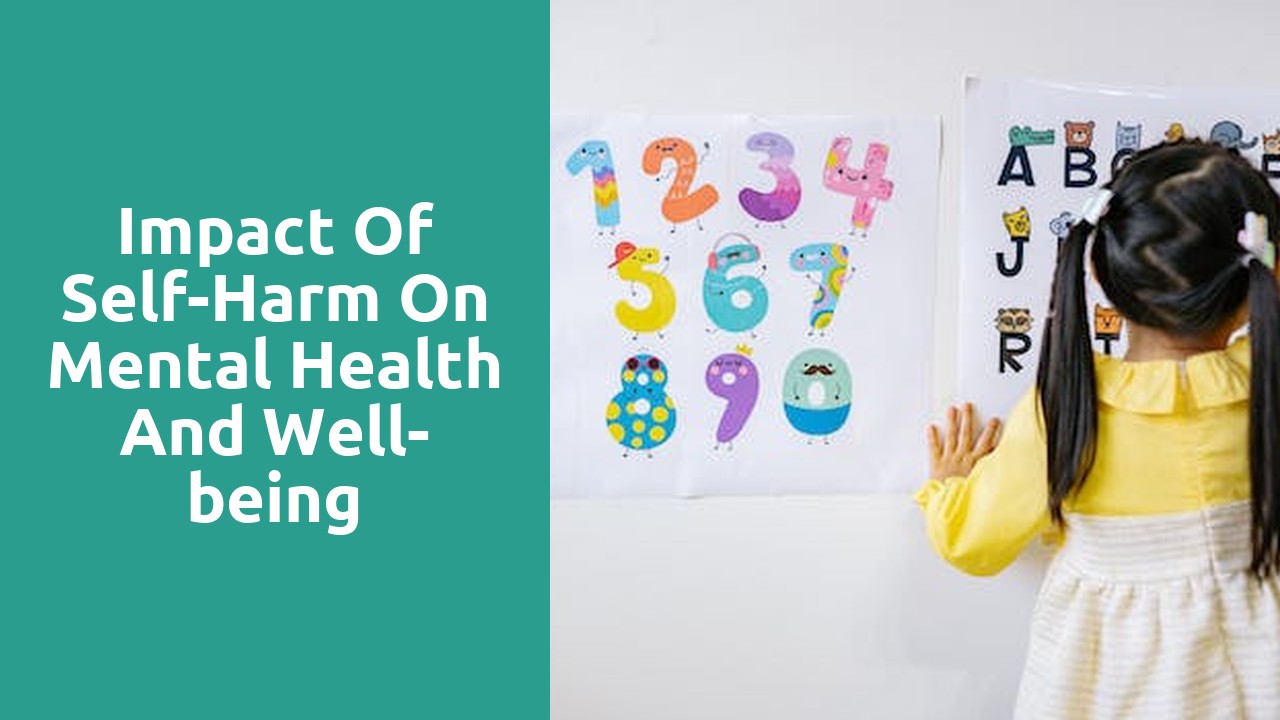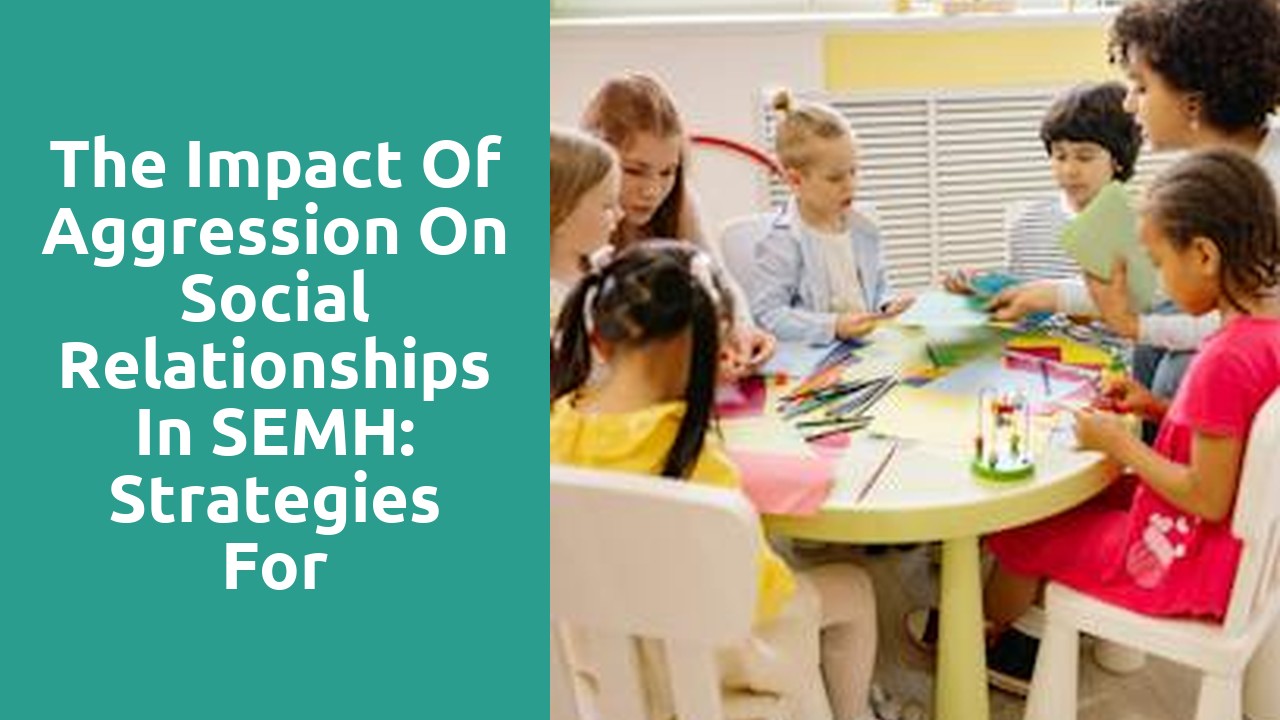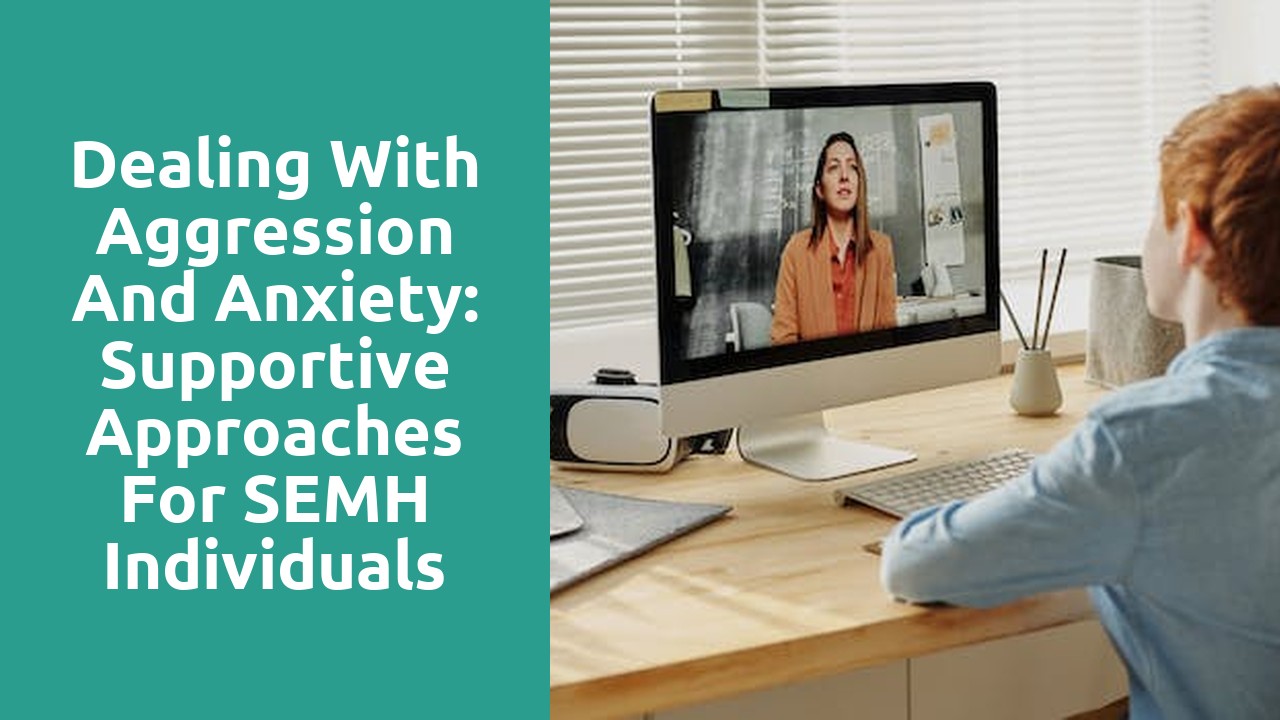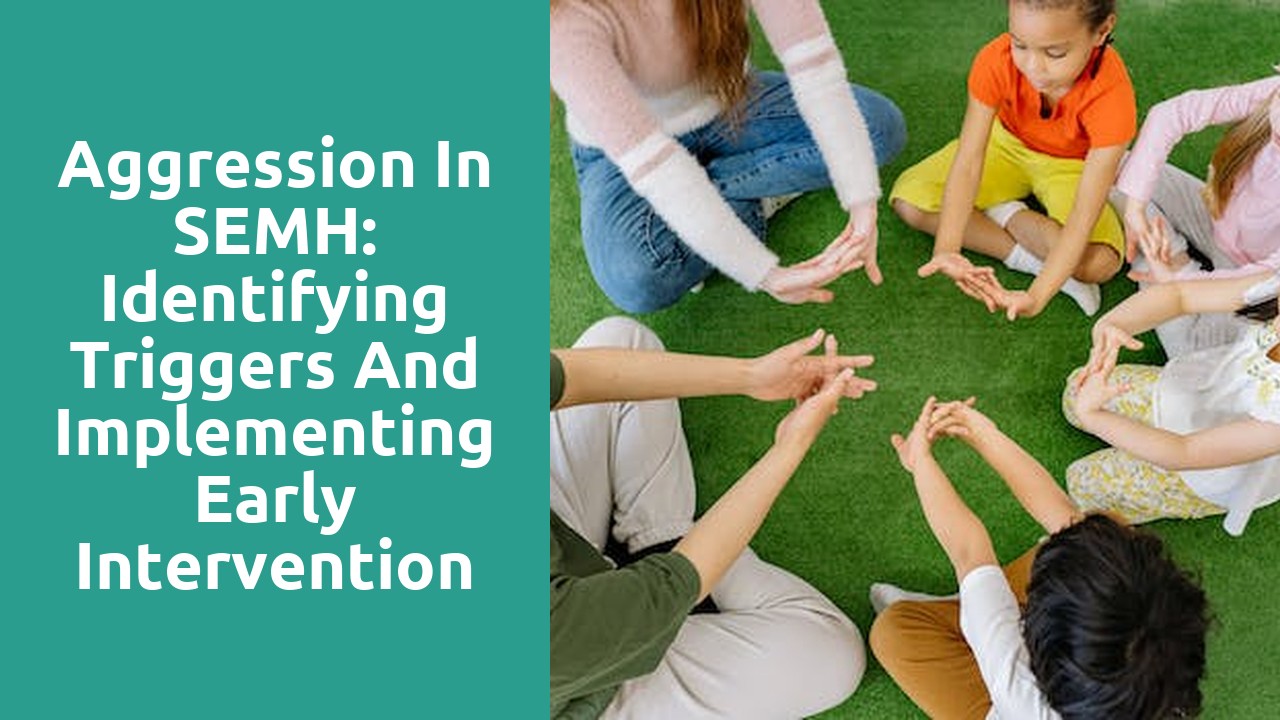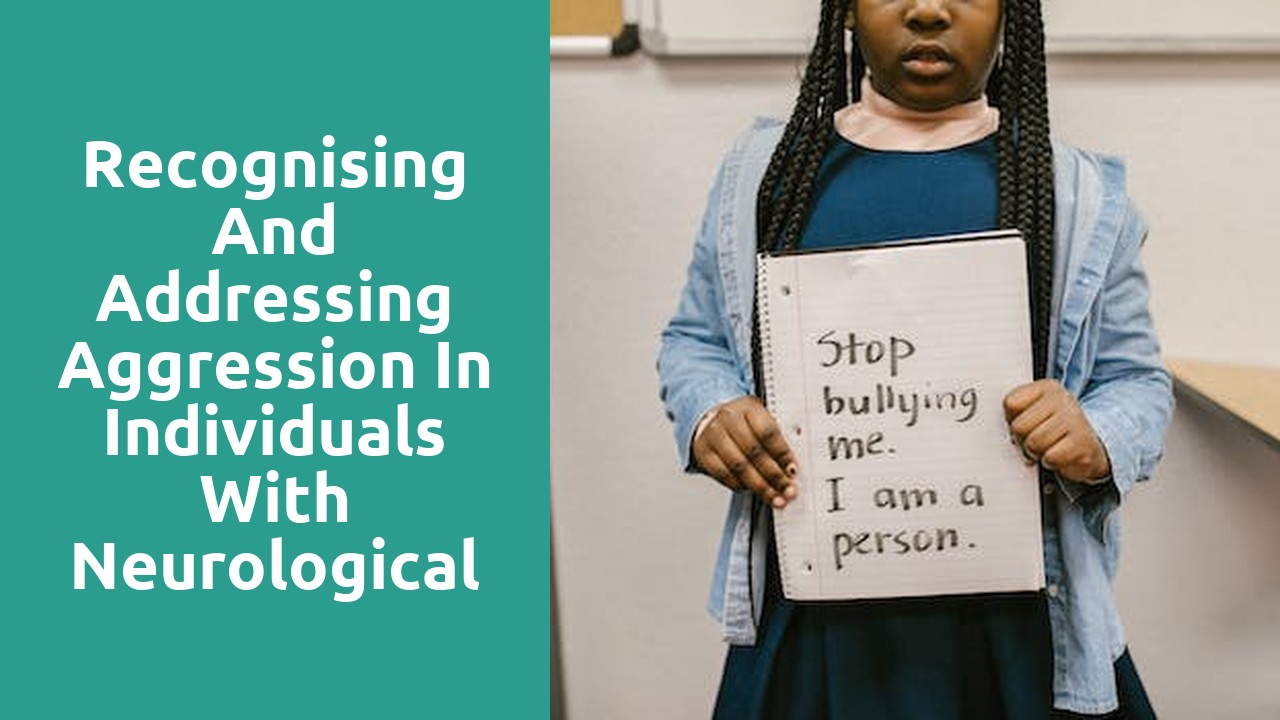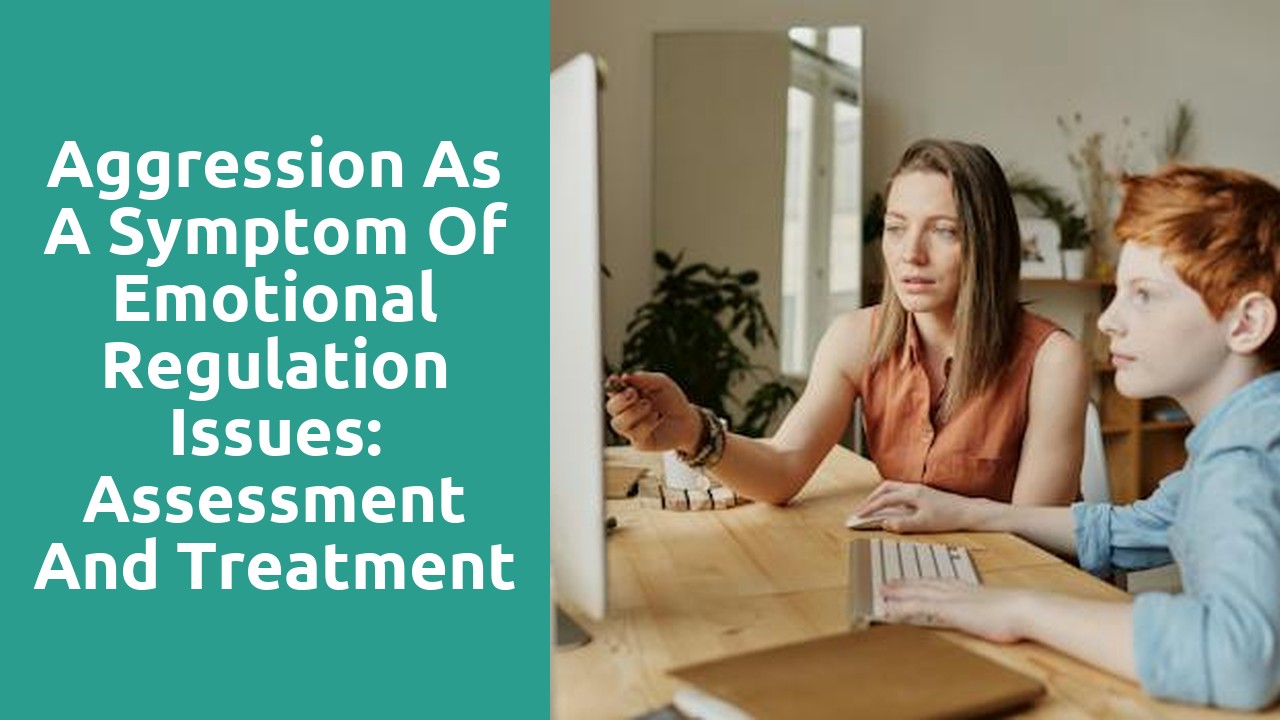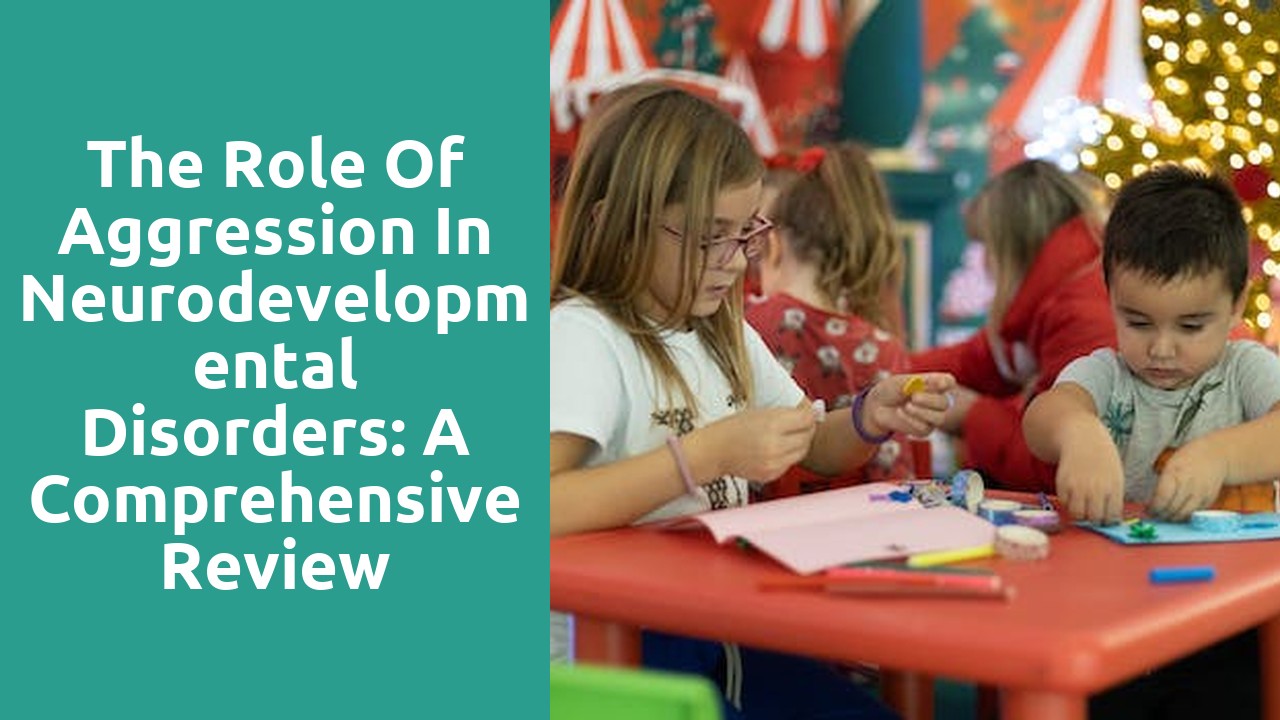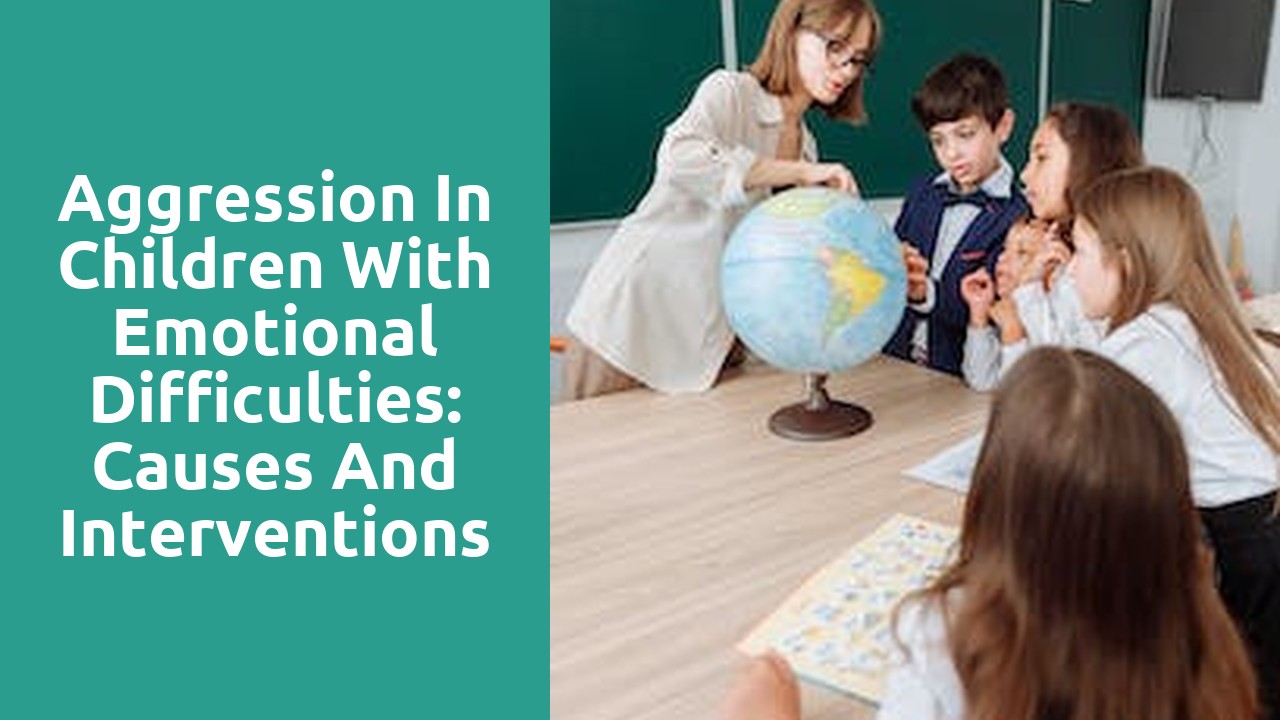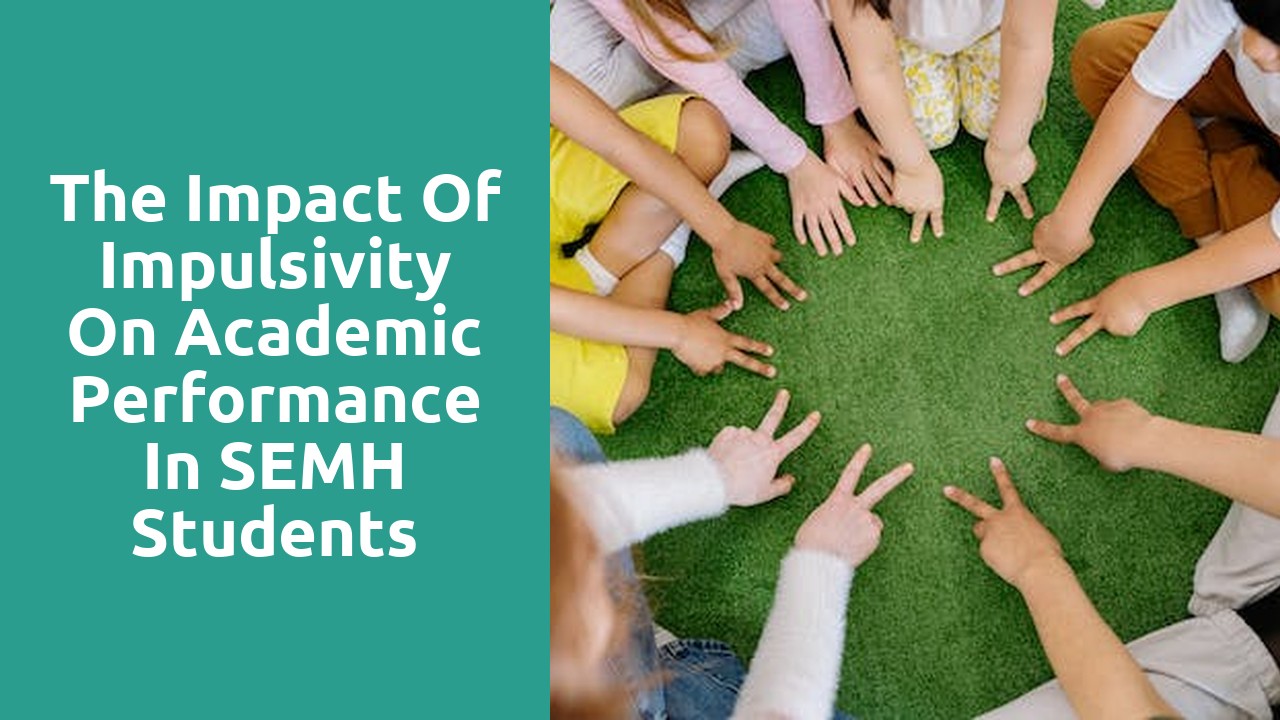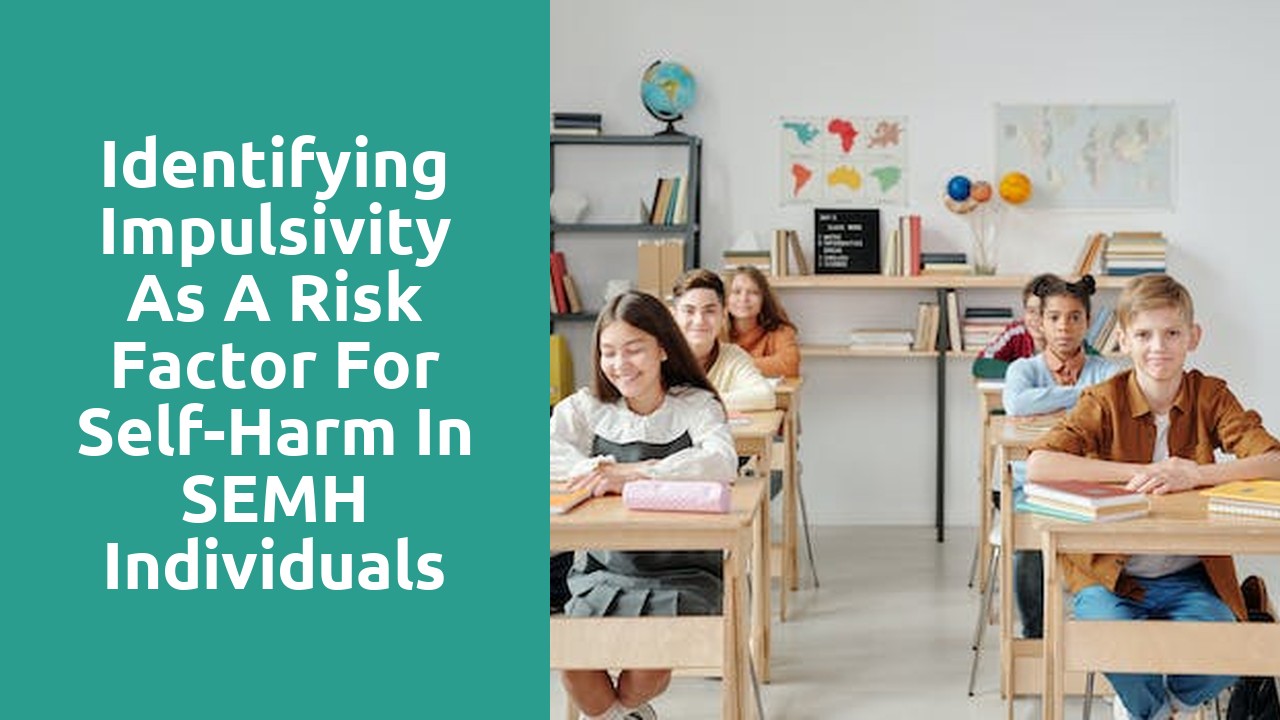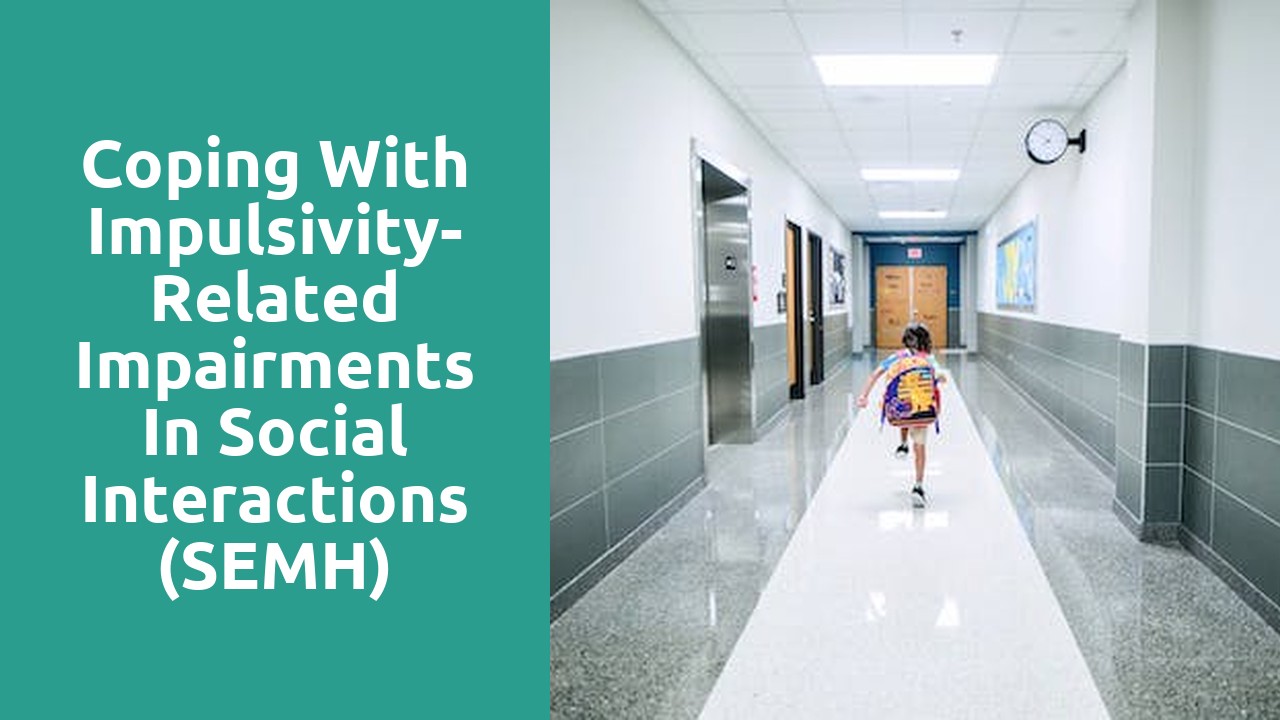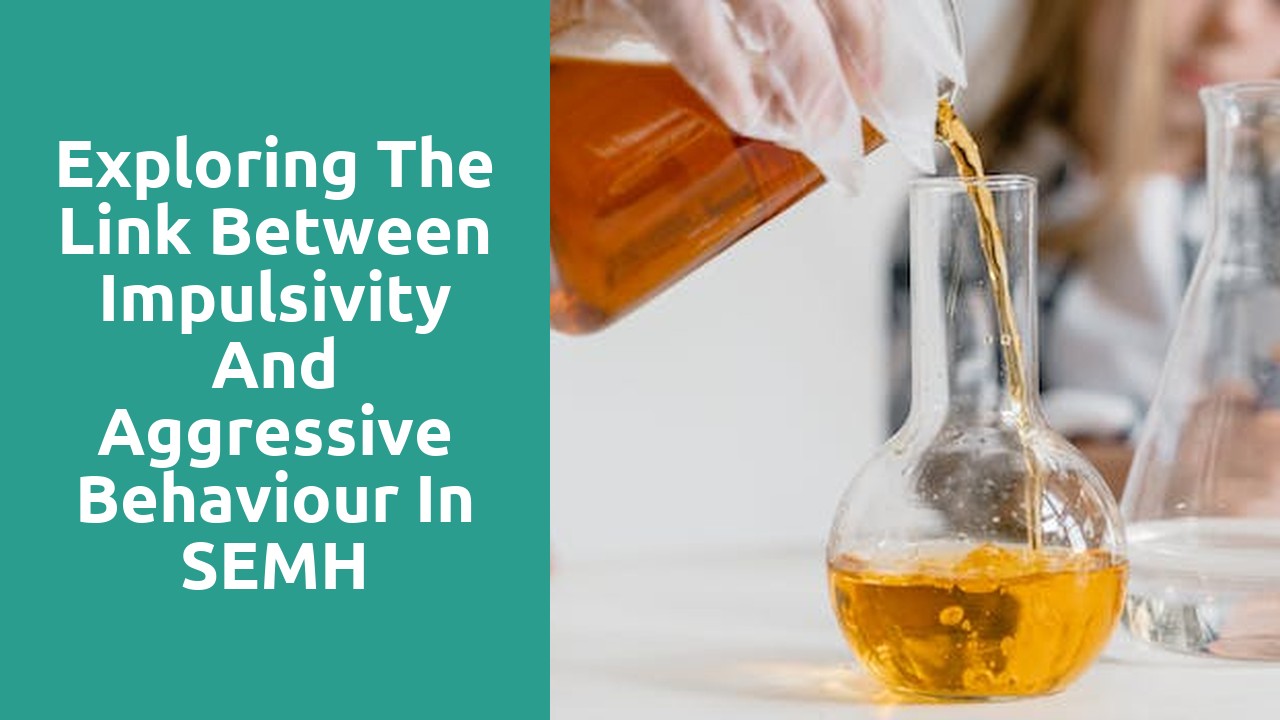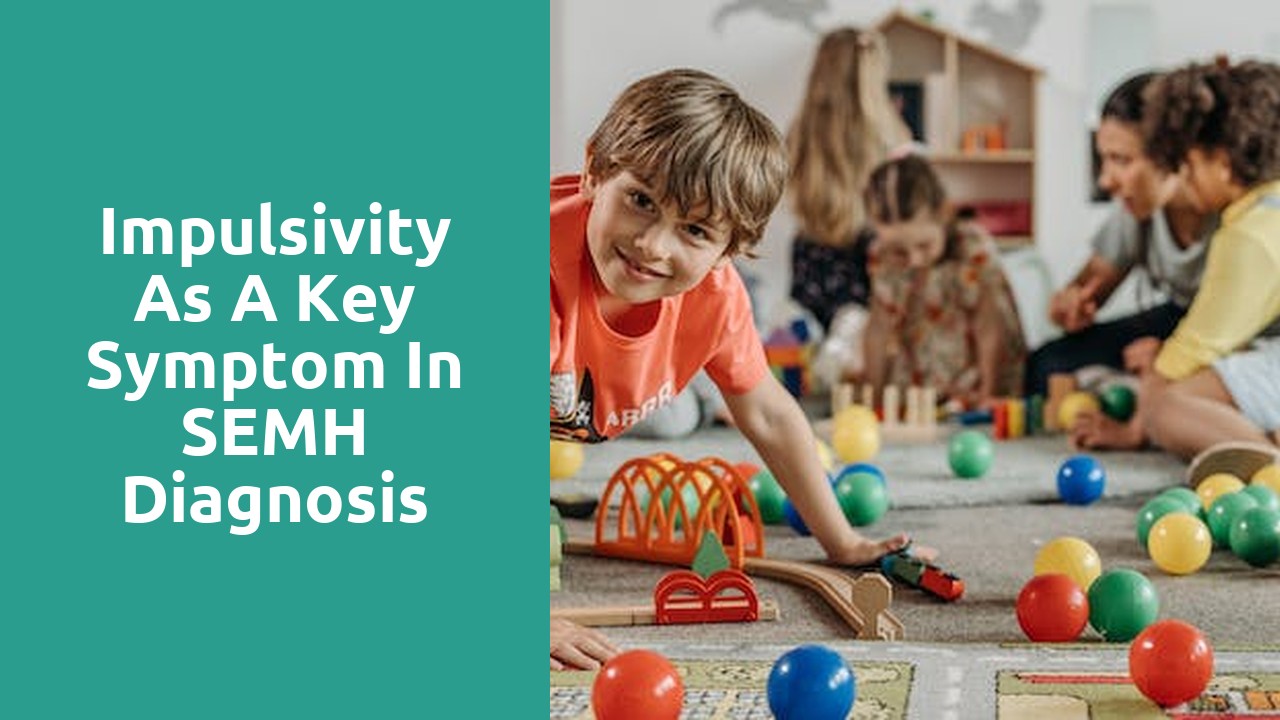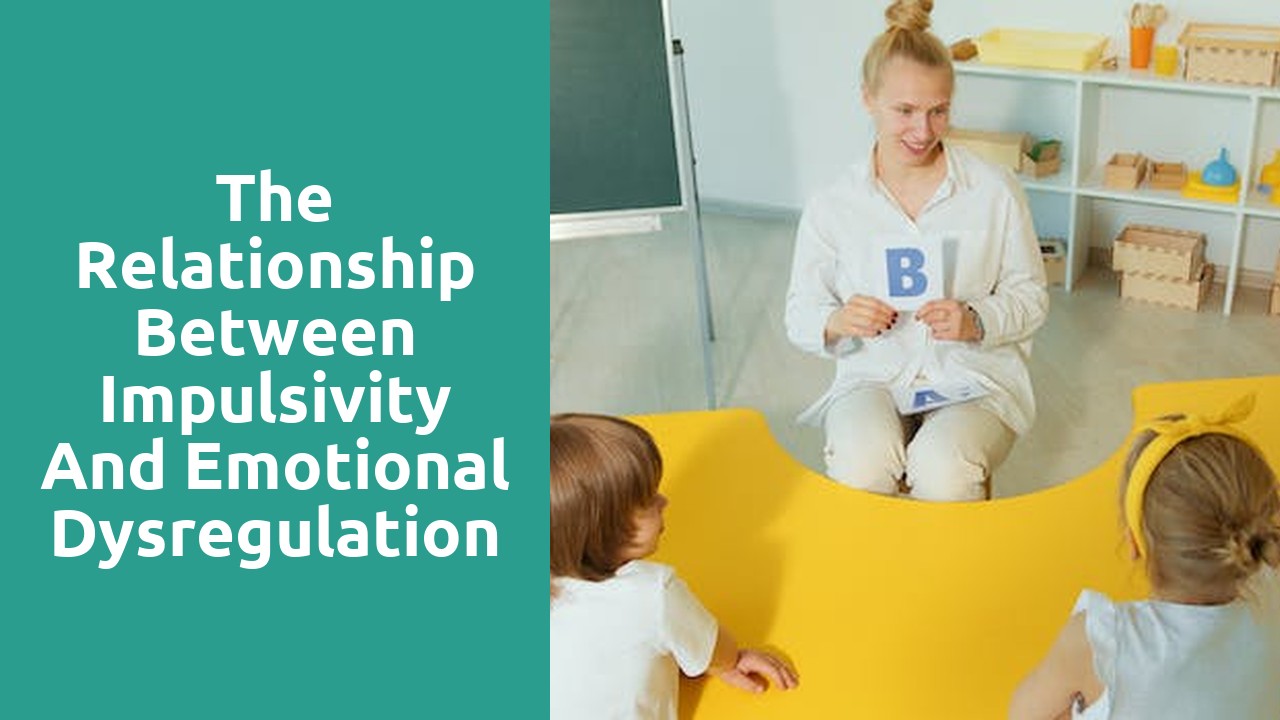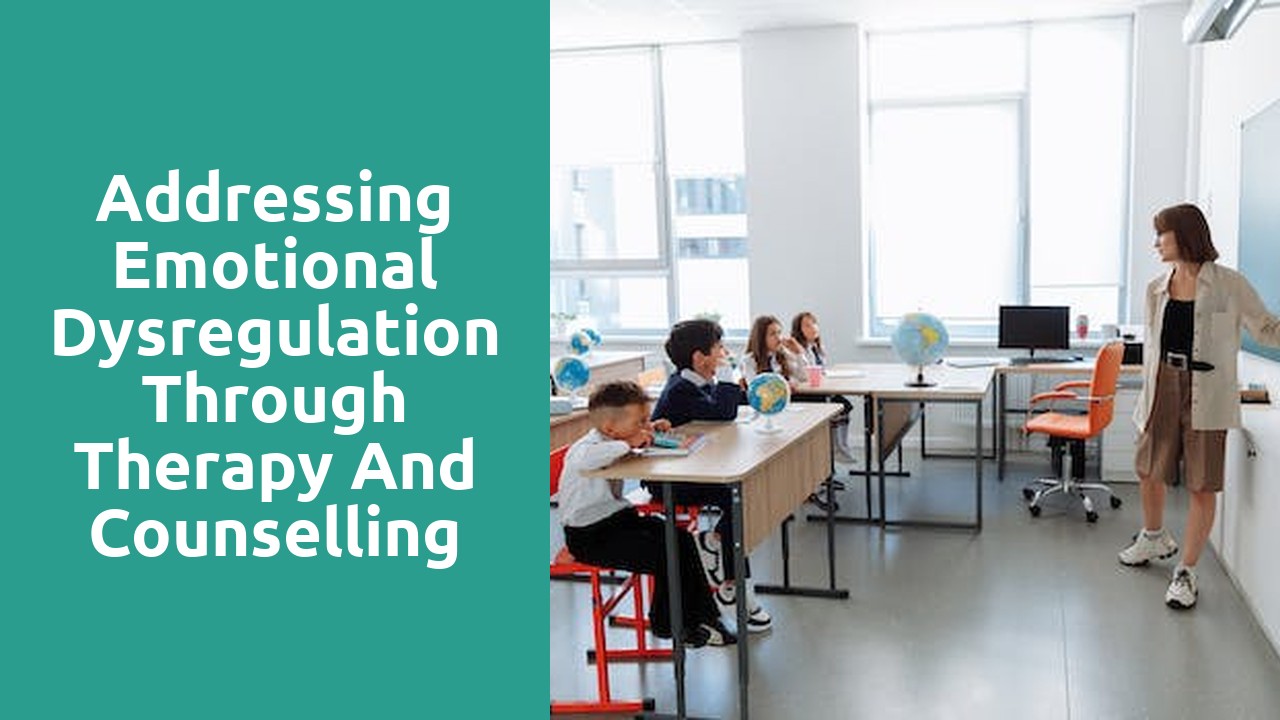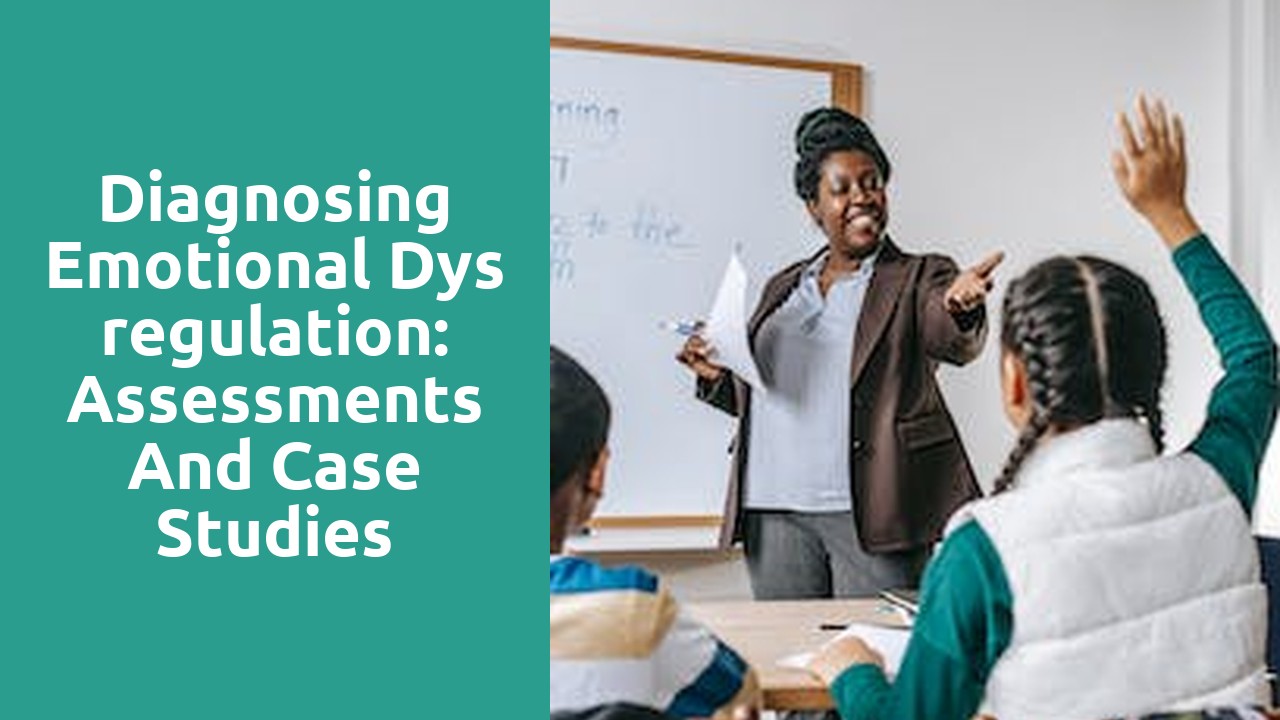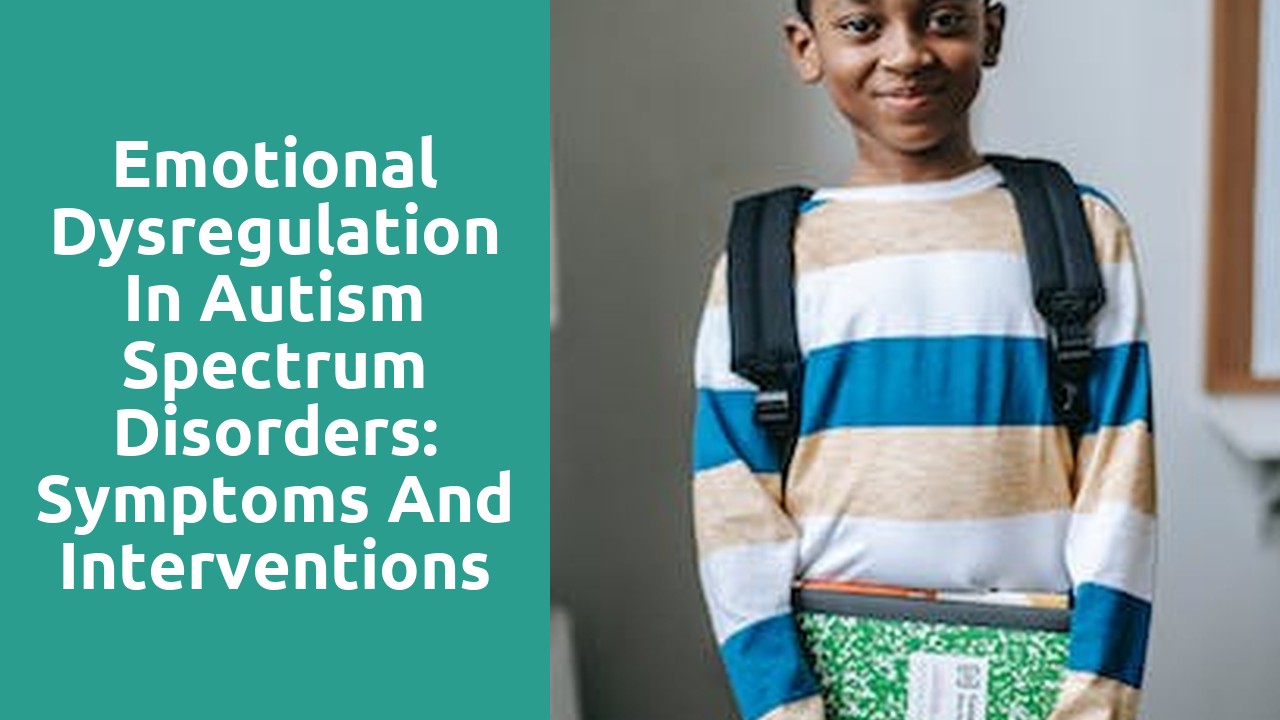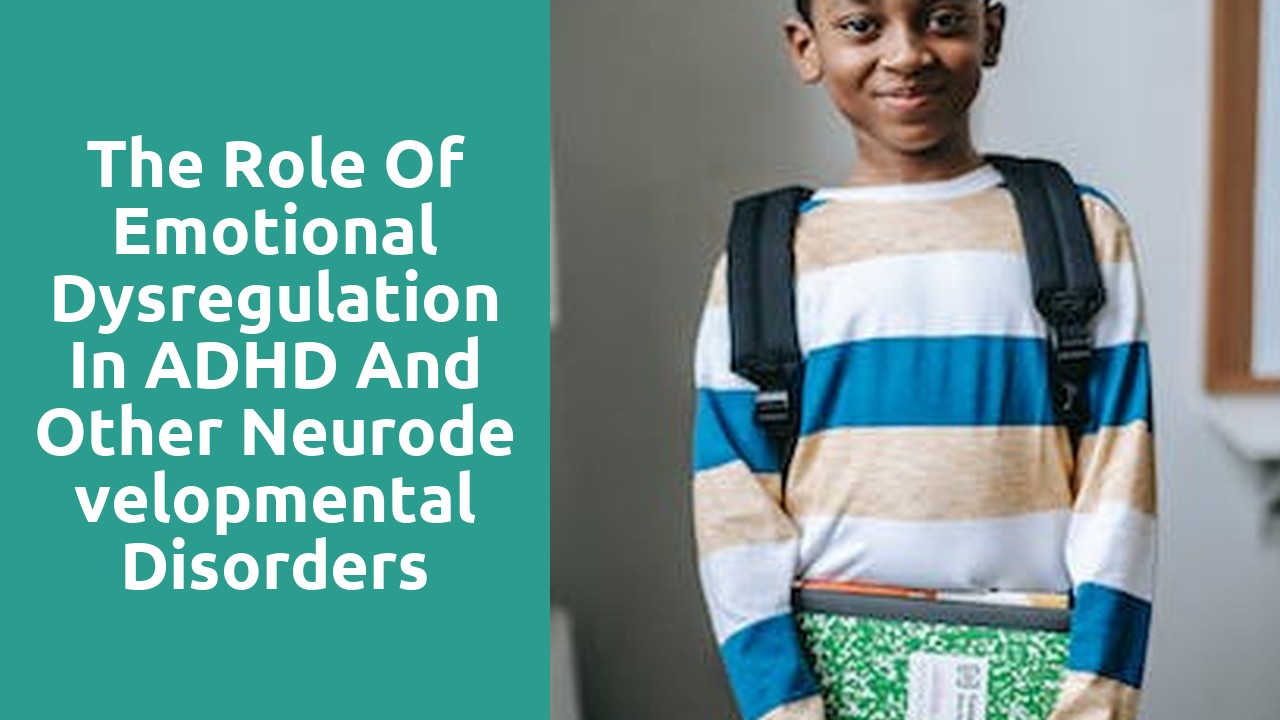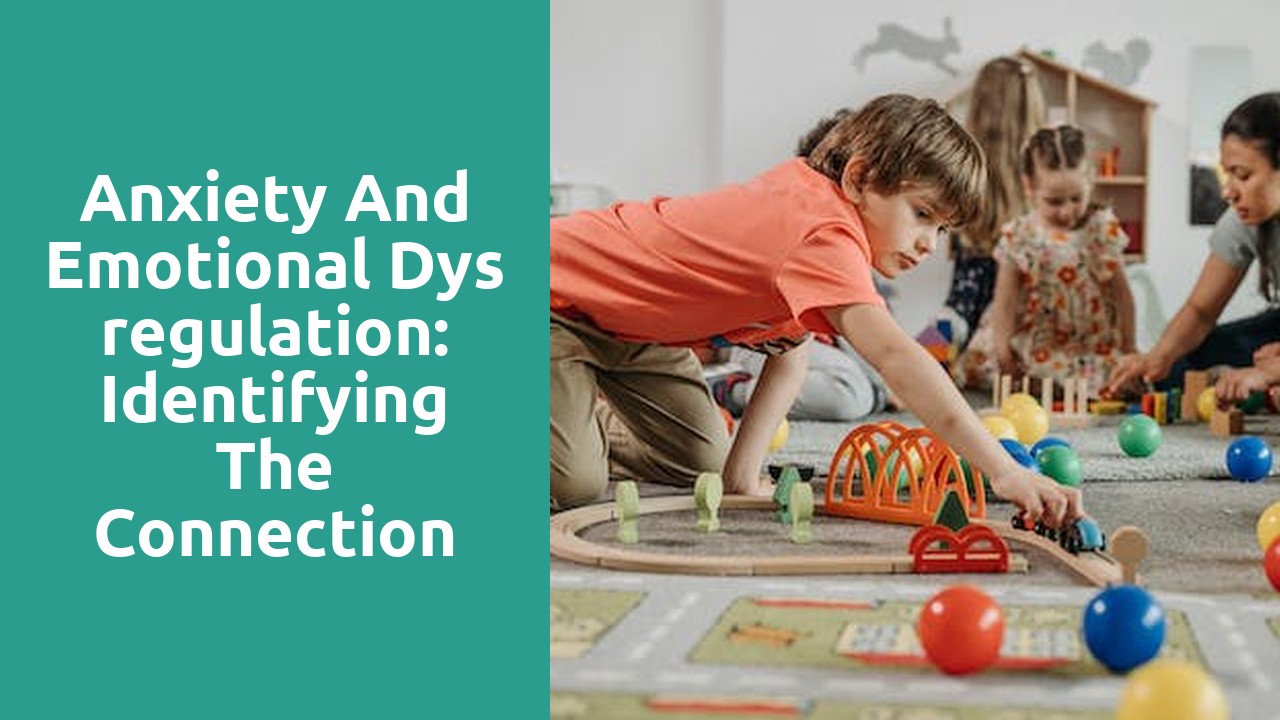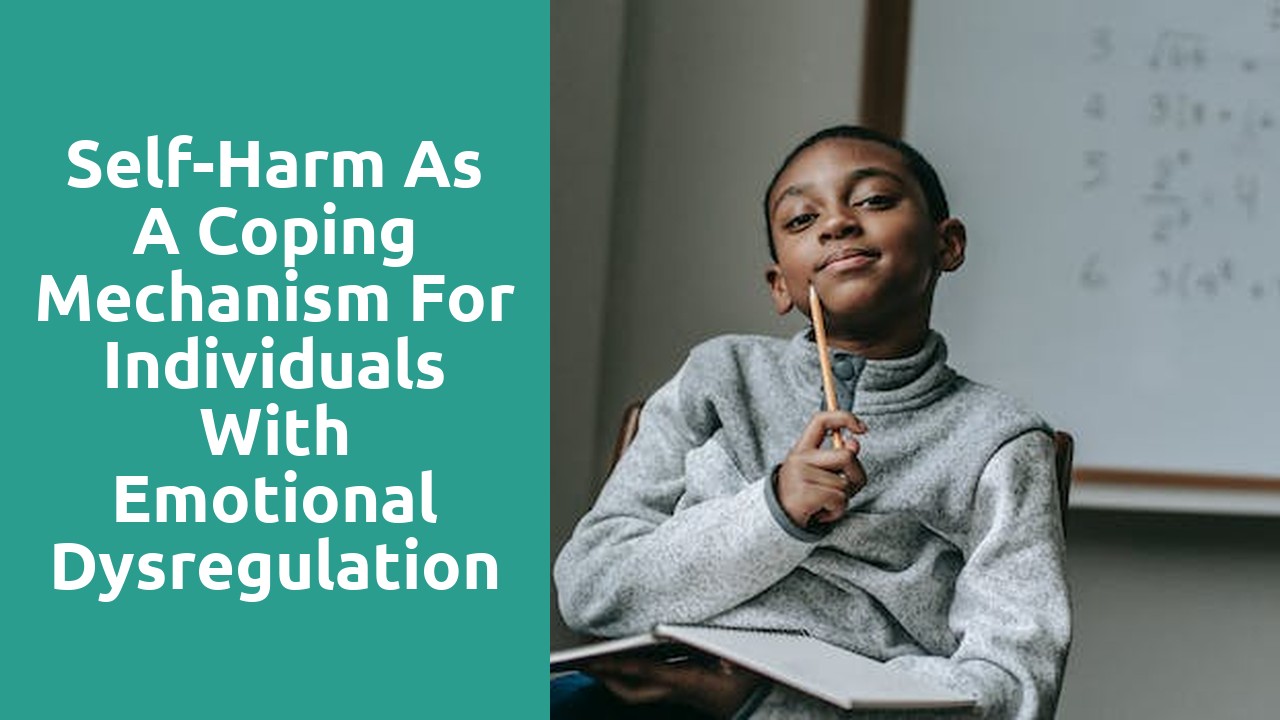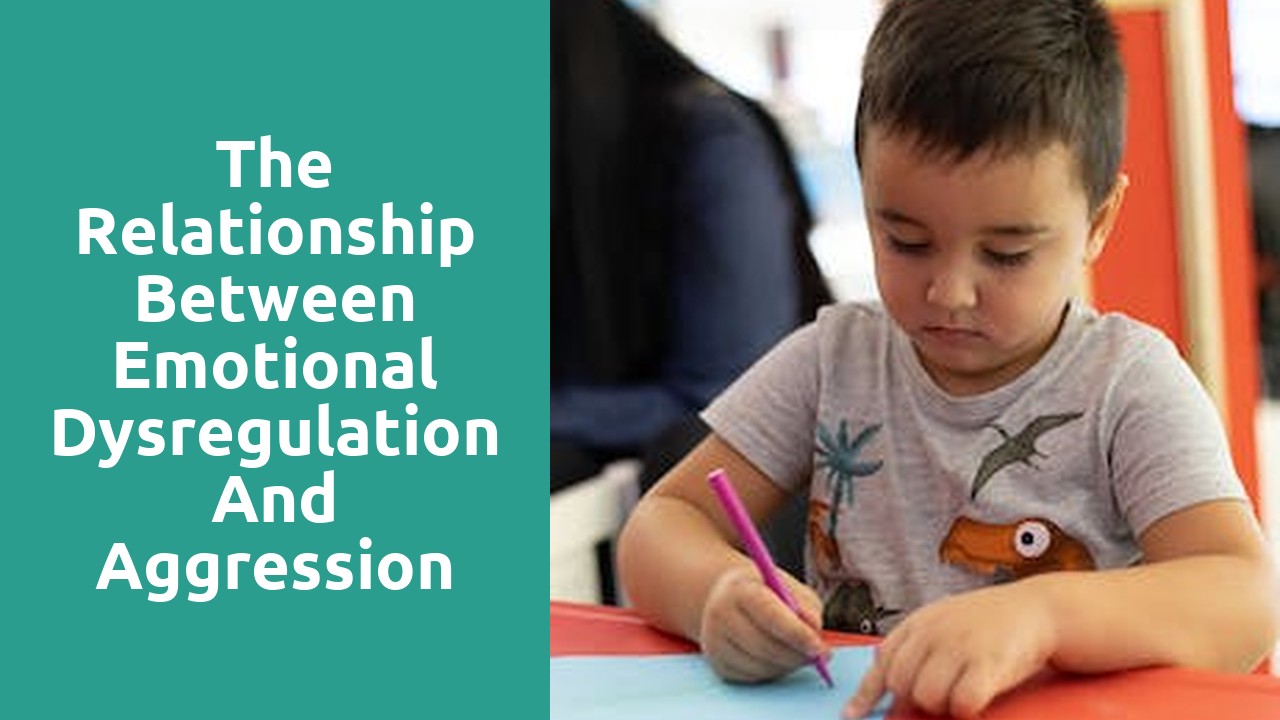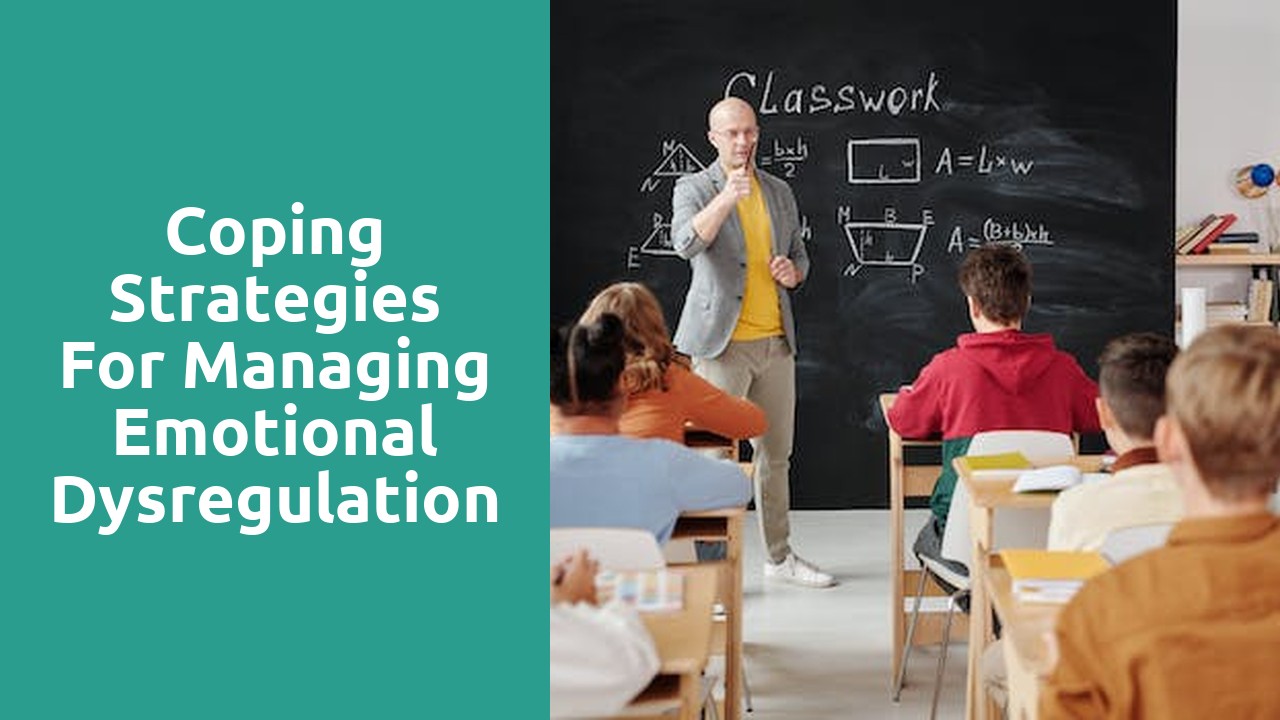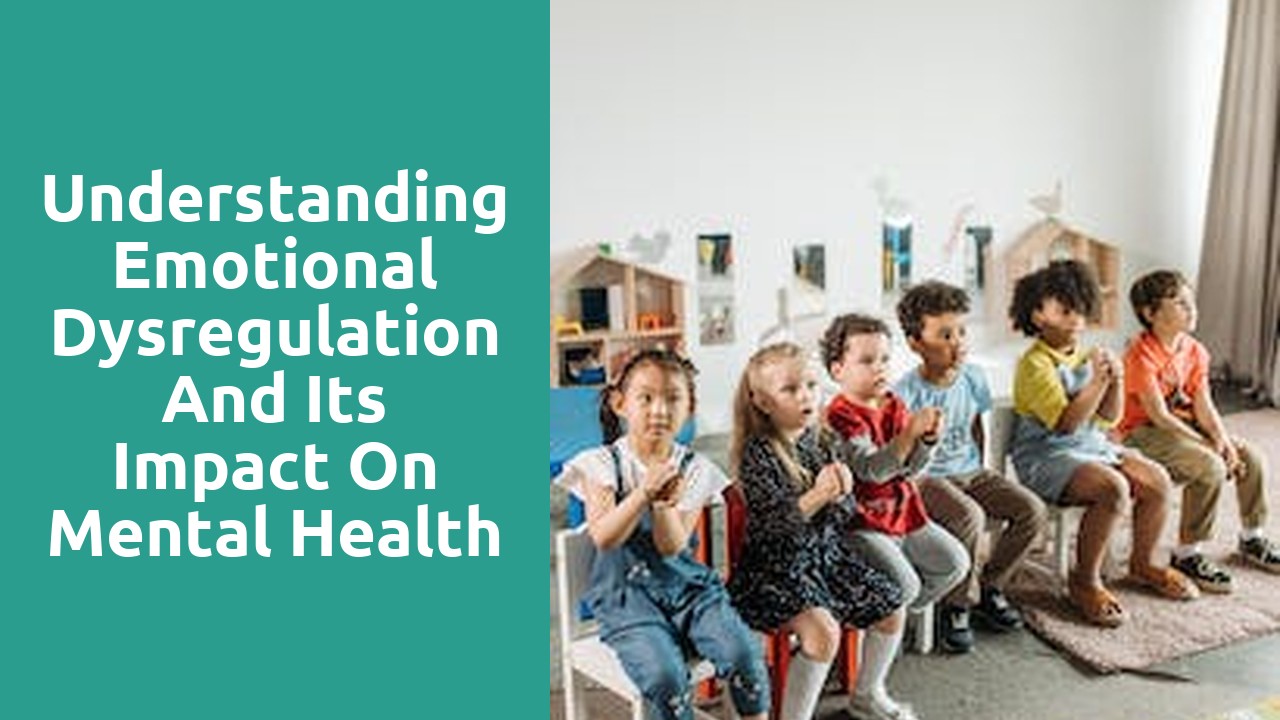Social, Emotional and Mental Health (SEMH) is a term that encapsulates the complexities of behavioural issues in educational settings. It refers to a wide range of difficulties that children and young people may experience, such as emotional dysregulation, anxiety, depression, and behavioural disorders. These issues can significantly impact a learner’s ability to engage with their education and with their peers. Understanding SEMH is crucial for educators and parents alike in providing the appropriate support and interventions.
Boxall Profile Online is a valuable online resource that offers insights, strategies, and guidance for those dealing with SEMH needs. It functions as a platform for sharing best practices and research, aiming to improve the educational and developmental outcomes for young individuals facing such challenges. The behaviour associated with SEMH can manifest in various ways, from withdrawal and introversion to aggression and disruption, and the support provided through Boxall Profile Online acknowledges this variety.
Navigating the terrain of emotional and mental health within the educational context can be complex. Nonetheless, it is an essential aspect of creating inclusive and supportive learning environments. Educators trained in recognising and responding to SEMH can make a profound difference in the lives of their students, leading to improved academic and social achievements. As awareness of SEMH increases, so does the effectiveness of strategies implemented to support individuals with these needs.
Understanding SEMH and Behavioural Challenges
This section explores the relationship between Social, Emotional and Mental Health (SEMH) needs and behavioural challenges, examining how they can manifest in individuals and the significance of effective emotional regulation and secure attachment in mitigating these challenges.
Defining SEMH and Its Impact on Behaviour
SEMH refers to a range of social, emotional and mental health needs that affect an individual’s ability to learn, express emotions and interact with others. Behaviour is often a communication of unmet needs arising from these difficulties. Symptoms could range from withdrawal to aggressive outbursts. Impact on behaviour can be significant, as individuals with SEMH needs may struggle with self-control and understanding social norms, leading to challenging behaviour that is often misunderstood.
Common SEMH Conditions and Symptoms
Various SEMH conditions impact behaviour in distinct ways:
- Anxiety may cause children to appear distracted or overly cautious and can result in avoidance behaviours.
- Depression often leads to low energy and motivation, affecting engagement and academic performance.
- Attention Deficit Hyperactivity Disorder (ADHD) symptoms include inattention, hyperactivity, and impulsiveness—behaviours that can be disruptive in a classroom setting.
- Autism Spectrum Disorder (ASD) encompasses a range of sensory needs and difficulties with social communication, often leading to atypical behaviours stemming from the need to find sensory balance or manage overwhelming social scenarios.
- Trauma can lead to a heightened state of alertness, resulting in aggression or a flight response to seemingly benign triggers.
Emotional and mental health conditions like eating disorders may also present with behavioural signs such as withdrawal from social interaction or a fixation on food and exercise.
Role of Emotional Regulation and Attachment
Emotional regulation is the ability to manage one’s emotional state, which plays a crucial role in responding to situations in a socially appropriate manner. Secure attachment between an individual and their primary caregivers is foundational for developing strong emotional regulation skills. Children with a strong capacity for emotional regulation are better equipped to deal with challenges and are less likely to exhibit challenging behaviour.
A lack of secure attachment, perhaps due to early childhood trauma or inconsistent caregiving, can manifest in difficulties forming healthy relationships and struggles with emotional control. Improving emotional regulation can often lead to better outcomes for those with SEMH needs, including a reduction in symptoms such as aggression and behavioural issues.
Strategies for Support and Intervention
Supporting and intervening in the behaviour of students with Special Educational Needs and Disabilities (SEND) requires a multifaceted approach. Tailored strategies can foster confidence, self-esteem, and positive outcomes in educational settings.
Effective Classroom Management Techniques
Teachers play a pivotal role in creating a conducive learning environment. Utilising a values-driven approach, they can implement various classroom management techniques:
- Visual Aids: Tools like visual timetables help students with SEND comprehend daily routines, fostering a sense of security and independence.
- Consistent Routines: Adhering to structured activities enhances predictability, aiding in the reduction of anxiety and behavioural issues.
- De-escalation Strategies: Training staff in crisis management and de-escalation strategies can mitigate challenging situations, focusing on communication and understanding over physical intervention.
Engaging with Parents and Carers
A collaborative relationship with parents and carers is essential. This partnership ensures consistency in approaches to behaviour across different environments:
- Regular Communication: Establish clear channels for ongoing dialogue, such as home-school diaries, to share insights and strategies.
- Involvement in Intervention Planning: Encourage their participation in developing individualised Education and Health Care Plans (EHCPs) to tailor interventions to their child's unique needs.
Implementing Individual and Group Interventions
A spectrum of therapeutic interventions can be incorporated into a student's support plan:
- Therapy Sessions: Offering therapies such as cognitive behavioural therapy, art therapy, and music therapy can address underlying emotional and behavioural issues.
- Trauma-Informed Approaches: Staff should be aware of this approach to support students who may have experienced trauma, applying principles like safety, empowerment, and trustworthiness.
- Neurosequential Model: Applying this model may involve activities that are developmentally appropriate and matched to the child's needs to help regulate their behaviour and function better in school.
Implementing these multi-layered strategies can enhance educational experiences for students with SEND, creating a stable foundation for their development and learning.
The Role of the School Environment
In addressing Social, Emotional and Mental Health (SEMH) behaviours, the school environment plays a pivotal role. It influences young people's self-esteem, their social relationships, and adult mental health outcomes.
Creating a Supportive Whole School Approach
Whole school behaviour encompasses the collective actions and strategies that are implemented to foster a positive and inclusive environment. A supportive whole school approach to SEMH behaviour involves integrating therapy and counselling services within the school setting. This initiative provides a structure where:
- Regular feedback and supportive conversations are encouraged.
- Whole school policies around recognition and response to SEMH are widely understood.
- Prevention and crisis management strategies are in place for prompt action.
Addressing Bullying and Social Integration
The presence of bullying and social isolation significantly impacts young people's wellbeing. To address this:
- Schools must enforce anti-bullying policies that are clear to students, teachers, and the school community.
- Social integration activities should be designed to include all students, regardless of their SEMH challenges.
Programmes that focus on peer support and strengthening relationships contribute to reduced bullying incidents and bolster social wellbeing.
Staff Training and Wellbeing
An integral part of a supportive school environment is the training of teachers and other staff. It ensures effective:
- Classroom management that accommodates the diverse needs of students.
- Teaching and learning strategies that are sensitive to SEMH issues.
Investment in staff wellbeing is crucial, as it directly affects their capability to hold restorative conversations and maintain a positive school setting. Teachers with robust mental health are better positioned to support their students and manage the classroom effectively.

